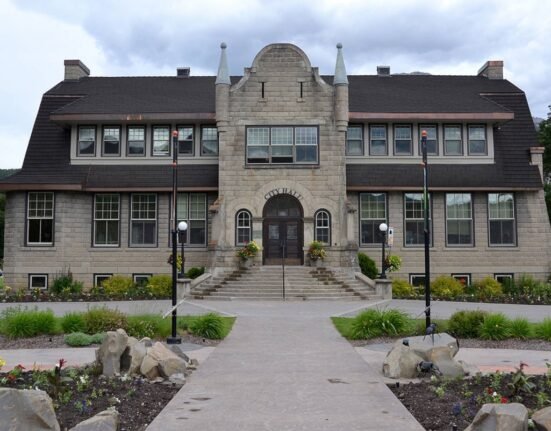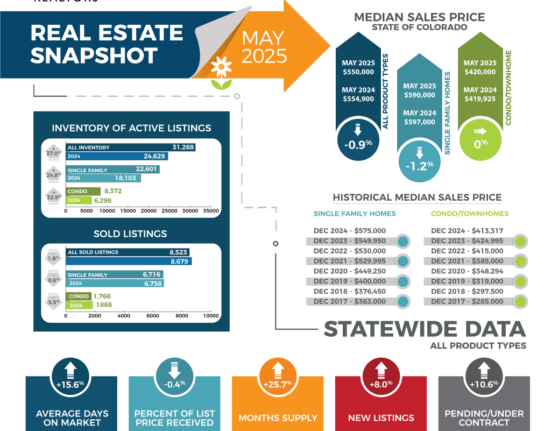America’s housing market is graying.
Baby boomers, holding the lion’s share of homeownership and real estate wealth, are sitting atop an aging housing inventory that could define the future of millennial homeownership.
As younger generations grapple with affordability challenges and limited supply, understanding who holds the keys—and when they might let go—is critical. To grasp the full picture, we first need to look at how much of the nation’s aging housing inventory is concentrated in the hands of boomers.
The median age of owner-occupied homes in the US is 40.
Aging Housing Inventory Concentrated in Boomer Hands
Baby boomers hold a disproportionately large stake in America’s housing market—owning 37% of U.S. homes while making up just over 20% of the population, according to the Census Bureau. Their dominance extends beyond primary residences: they control 57% of the nation’s vacation homes and 58% of rental properties that generate income, per the National Association of Realtors.
For millennials, many of whom came of age during the Great Recession and are now contending with high interest rates and housing shortages, that lopsided ownership has real implications. Nearly half (45%) of millennials—those born between 1981 and 1996—do not own a home. And for many, inheriting property may be the only feasible pathway to homeownership.
Millennials relying on the generational wealth transfer may have to keep waiting.
But a shift is underway. “That’s a for-now story, not a forever story,” notes real estate economist Nicole Sanfilippo. With the Great Wealth Transfer—the multi-trillion-dollar handoff of assets from boomers to their heirs—millennials are poised to become homeowners, either through inheritance or the financial flexibility to afford a down payment.
Much of the wealth transferring hands is tied to real estate. UBS estimates boomers collectively hold about $17 trillion in home equity—approximately half of all U.S. homeowner equity in 2024. And as aging homeowners consider downsizing, relocating, or divesting properties, millennials could see new opportunities to enter the market.
Unlocking Aging Home Inventory—But Will Boomers Sell?
Still, many boomers are not planning to sell any time soon. A recent Clever Real Estate survey found that more than half do not intend to sell their homes at all. Yet 90% harbor concerns about aging in place, particularly around maintenance costs (59%) and physical upkeep (55%). Nearly half worry about property taxes and rising utility bills.
Should they decide to sell, most stand to benefit handsomely. Two-thirds expect to walk away with at least $100,000 in profit, and 1 in 10 anticipate gains of $500,000 or more—earnings that are often tax-free thanks to primary residence capital gains exclusions.
The question is not just when boomers will pass the baton, but how. Whether by gifting down payments, leaving behind investment properties, or handing over the family home, the coming decade will shape not only millennial homeownership—but the broader housing market as well.







